Conserving water is easy if you know what to do. If you are giving it thought as you go through your day, you’ll find many ways to save water that aren’t hard to do or inconvenient at all. Besides saving the planet, you will find you are also save money on your utility bills as well.
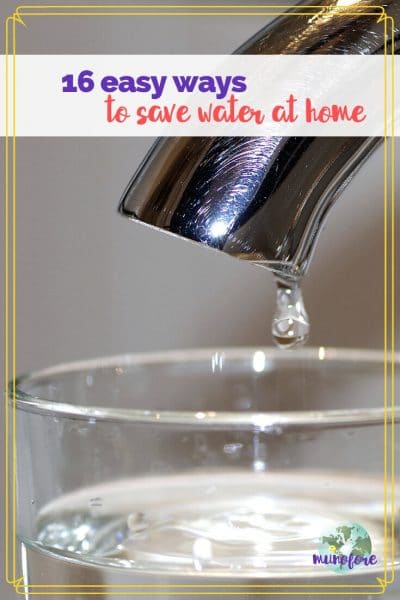
After all of the rain we received this winter, I think we can finally say that California's drought has ended. But it has been years of conservation and I don't plan on going back to any wasteful habits.
Save Water Around the House
Fix Leaky Faucets Immediately
If you have a drip, don’t wait; fix it as soon as possible. One drippy faucet can waste gallons of water quickly. Stick a bucket or other container under it while you wait for the plumber to arrive and use the water for plants.
Also, if you hear water running and you know no taps are turned on, call a plumber ASAP! You do not want to wait weeks until your wall is sogging wet and molding to get it fixed.
Fill the Washer All the Way before Running
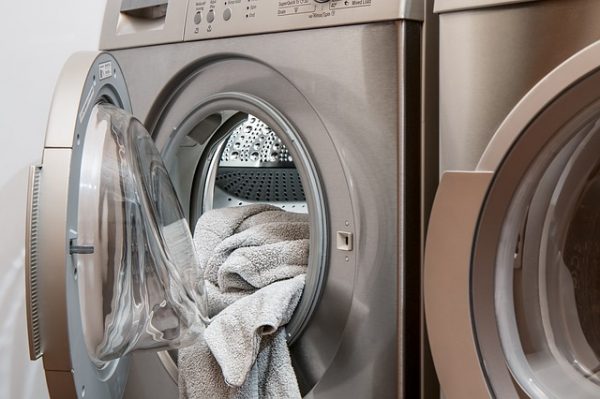
When you are washing clothing, if you don’t have one of the new washers that weighs the clothing to determine water level, wait until you have a full load before washing. Even with my new front loader that uses less water and weighs every load I still use a full load. It is how the machines were meant to run.
Save Water in the Kitchen
Catch Cold Water for Plants When Waiting for the Hot
If you need hot water and notice that it takes a while to get to hot, grab a container and catch the cold water. You can use it for your house plants, for example.
I remember my parents kept a 5 gallon bucket in the shower to catch the cold water while the shower heated up. It was a pain to haul it out to the garden. My brother and I would dunk a watering can in the bucket to fill it up then take it around to water, more often than not dripped water all over the house. Save this idea for the kitchen.
Fill the Dishwasher All the Way before Running
Try not to run the dishwasher if it’s not a full load. Most dishwashers have a rinse cycle so that you can avoid food sticking; this is more frugal than washing an almost empty load. This is rarely an issue in our house with a tween boy and a food blogging mom.
Use Leftover Cooking Water
When you boil noodles, or steam veggies, that water can be saved and used to create flavorful soups. I use the water leftover from water bath canning to kill weeds in the cement cracks. Just ladle some boiling water on them and they shrivel up and die without chemicals!
Save Water in the Bathroom
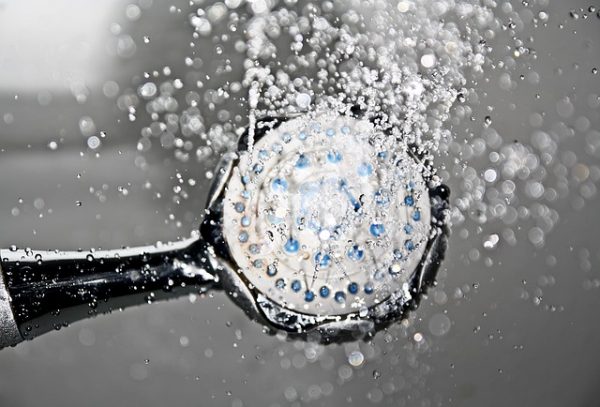
Turn Off Water While Brushing Your Teeth
Standing there while you’re brushing your teeth allowing the water to just run down the drain for 2 minutes is a huge waste of water. You don’t need it. Turn it off, brush, and then turn it back on to rinse. And take a second to wipe down the sink so Mom doesn't have to scrub off the crusted toothpaste.
Take Showers Instead of Baths
Believe it or not, a shower can save more water than a bath. Filling a tub uses more water than you need to use. Switch out most of your bathing for showers.
Take a "Military Shower"
In the shower, get your body wet, and then turn the water off while you soap up, lather your hair. Then turn the water back on to rinse off.
I admit it, this is almost as tedious as the bucket in the shower my parents tried. If you really need to conserve water go for it. Otherwise just try keeping your showers to five to seven minutes.
Don’t Flush Every Time
“If it’s yellow, let it mellow, if it’s brown, flush it down.”
Even with a low flush toilet, you are still using water every time you flush the toilet. Truthfully, we do this at night only because the noise of the flushing and water filling can be annoying to the person still trying to sleep.
Saving Water in the Garden
Catch Rain Water for Watering Plants
A great way to save water is to catch rain water and rain runoff from gutters to use for watering your plants. You can purchase a rain barrel like the one below and attach it to your gutter.

We have a dry stream, basically a trench the length of the house lined with rocks, with a downspout directed into it. The water is slowed down long enough in the stream bed that it seeps into the ground instead of gushing into the street.
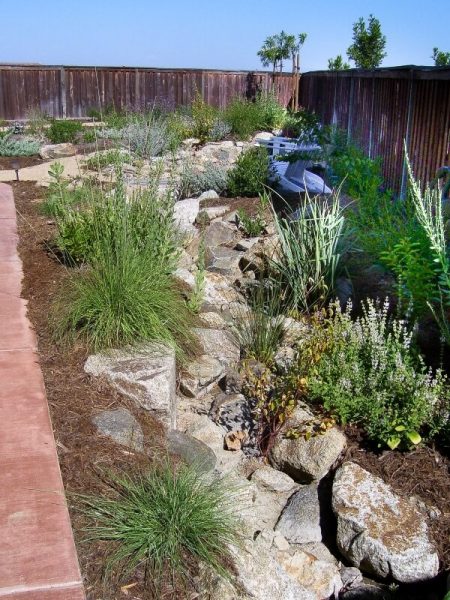
Mulch Plants Properly to Retain Water
Use at least 3 inches of natural mulch around landscape plants to keep the moisture from evaporating and reduce the amount of watering needed.
Measure Sprinkler Output
You only need a certain amount of water for each type of plant, and it’s easy to over or under water. If you measure you’ll be less likely to waste water.
How to measure: Place empty cans or plastic containers around the yard and run your sprinklers for 5 minutes. Measure how much water is in each container and divide by 5 to find out how much water your sprinklers put out per minute.
Improve Your Sprinklers
Sprinkler technology has come a long way, even in the last decade. A few things to consider when buying or replacing your sprinkler system:
- a multi station timer so you can water different sections of your yard for different lengths of time (you can control this one with your phone or Alexa)
- a rain sensor to shut off the sprinklers when it has rained
- water efficient rotor sprinklers and drip irrigation for those areas that need it.
Perform Seasonal Sprinkler Adjustments
Run your sprinklers and walk around your yard looking for broken sprinkler heads or misaligned spray. Stop watering sidewalks, people!
Adjust your sprinkler timing based on the weather and your plants' needs.
Turf lawns need about 1 ½ inches PER WEEK! Including rain water.
We don't get rain in the summer in California so we need to rely on supplemental watering. No snow but lots of rain means we can turn our sprinklers off in winter.
Water Plants at the Right Time
Our former neighbors used to water their lawn every day at 3 p.m. for about 5 minutes. They couldn't figure out why their lawn was half dead. Half of the water blew on to my yard because the wind always kicked up at that time. And the rest of it either evaporated or washed down their yard to the sidewalk because the ground was so dry.
Water in the early morning or evening to allow the water time to soak in instead of evaporate in the heat of summer. Most plants want a good long soak every few days instead of a mist every day.
Ditch the Lawn
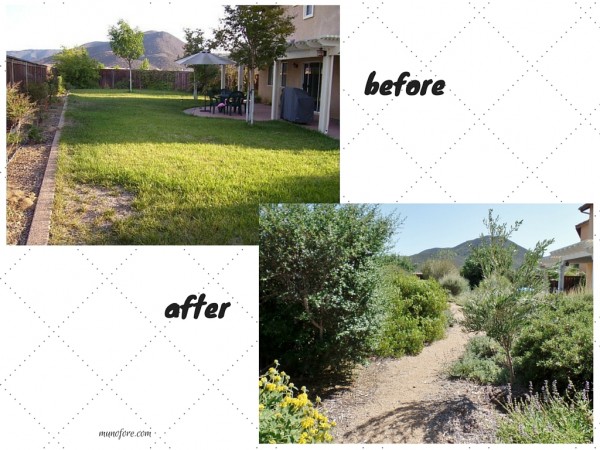
Lawns use a lot of water. And require weekly mowing and seasonal fertilizing and blah blah blah. We got rid of ours almost 12 years ago and haven't regretted it for a minute. We replaced most of it with plants that are native to our area that are acclimatized to living off of the amount of rain we get.
You do not have to get rid of all of your lawn if you enjoy the look. But consider swapping some of it for edibles and native landscaping plants.
Turn Off the Hose When Washing Your Car
If you wash your car at home, don't leave the water running throughout the process. Instead:
- fill a bucket with soapy water
- wash the car - nope you don't need a pre-rinse!
- rinse the soap off
- dry immediately to prevent spots.
Conserving water can even be fun. Thinking of ways to wash your car, do your laundry, and live without having too much water wasted will make you feel good about yourself and ensure that there is enough usable water for future generations.


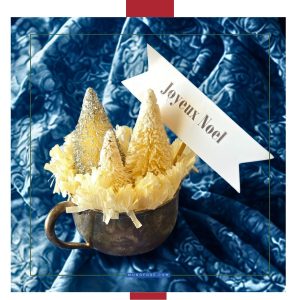



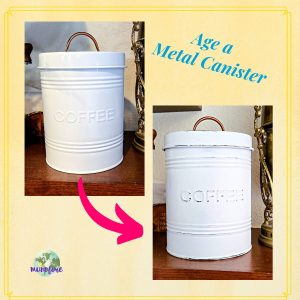
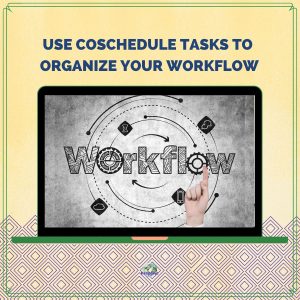
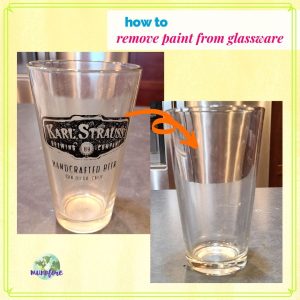




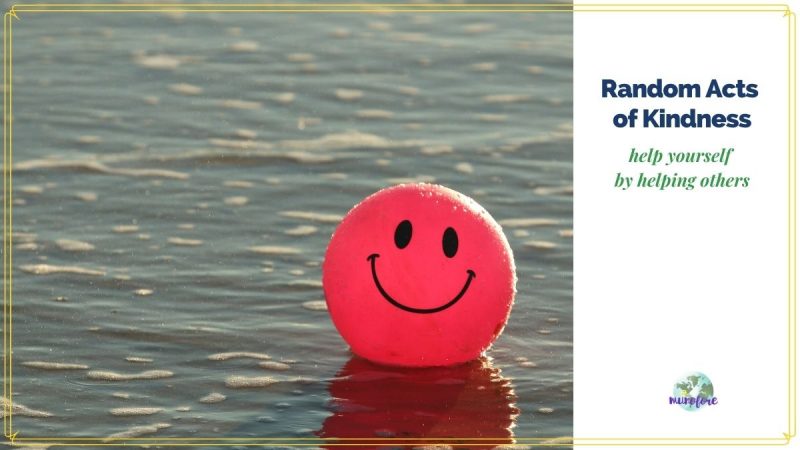

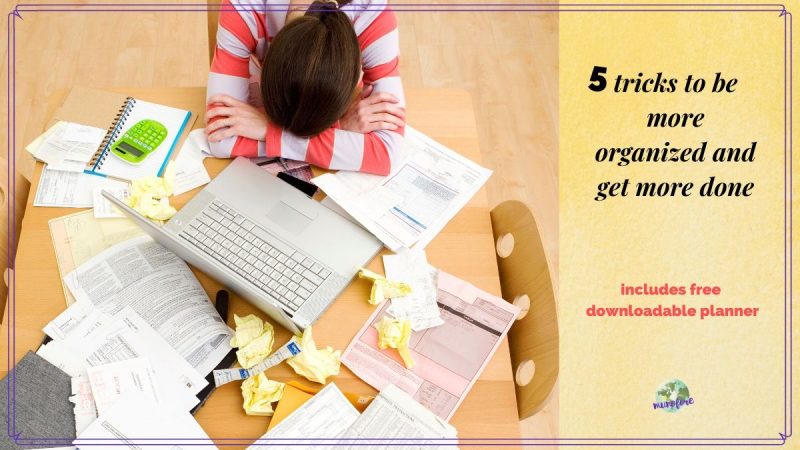

Leave a Reply